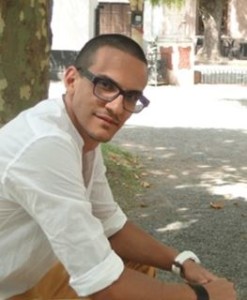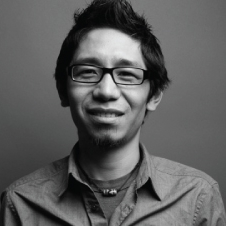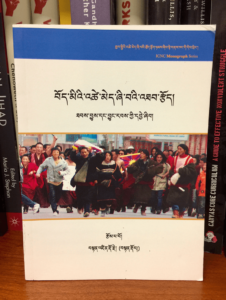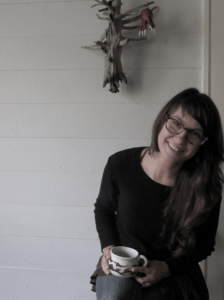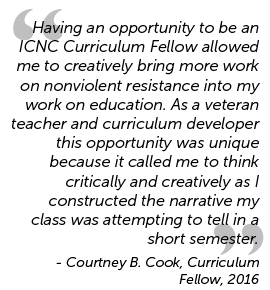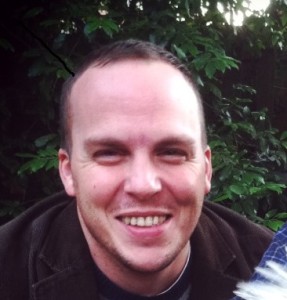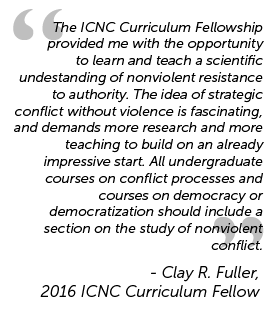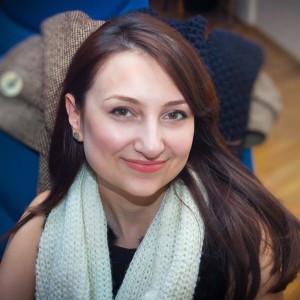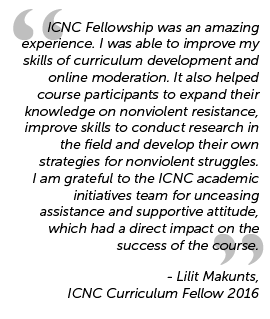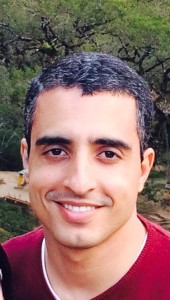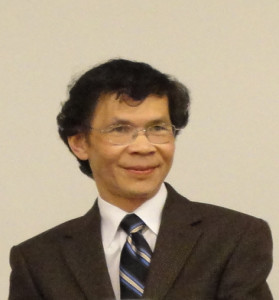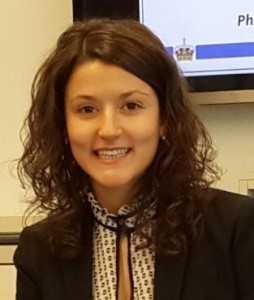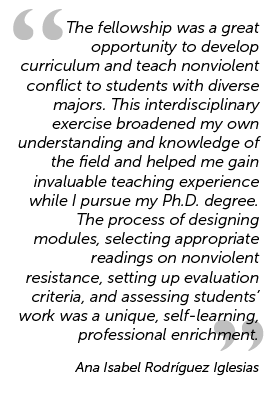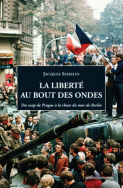 By: Jacques Semelin
By: Jacques Semelin
French publication: Nouveau Monde 2009
English publication: ICNC Press, 2016 (forthcoming)
Description:
Originally published in French in 1998, this book is a rare account of how radio and television impacted dissidence, civil resistance and ultimately liberation in Eastern Europe in the late 20th century. Semelin examines the role of Western and Eastern bloc media in the main crises — Budapest, Prague and Berlin — of the communist bloc which, from the 1950s, destabilized Moscow’s domination of Eastern Europe. The five-year anniversary of the Arab Spring uprisings has reignited interest in the role of media and civil resistance in transitions from authoritarianism. Semelin’s research documenting successful democratic transitions in Eastern Europe therefore has newfound relevance in media, policy and academic circles.

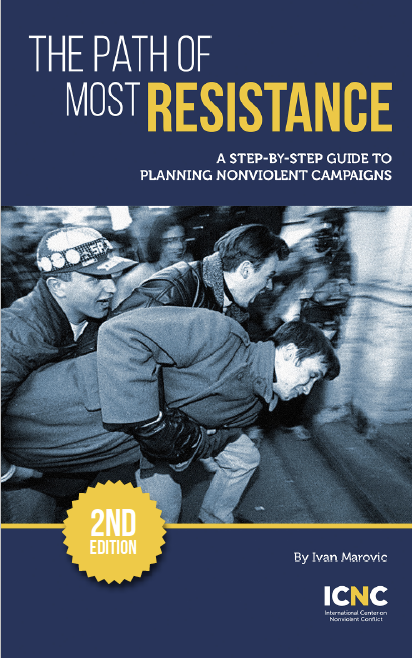
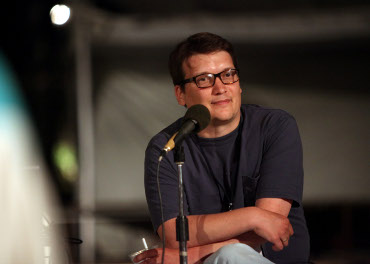 Ivan Marovic was one of the leaders of Otpor, the student resistance movement that played an important role in the downfall of Slobodan Milosevic in Serbia.
Ivan Marovic was one of the leaders of Otpor, the student resistance movement that played an important role in the downfall of Slobodan Milosevic in Serbia.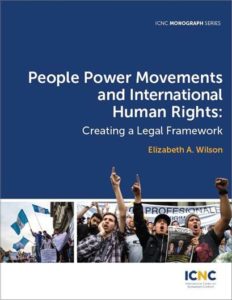

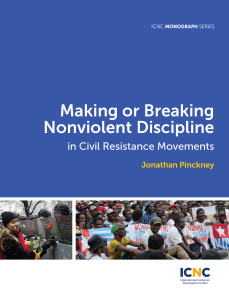 Abstract: New research has recently raised the profile of nonviolent civil resistance as a major and particularly effective form of political struggle. Yet the dynamics of nonviolent movements for change in repressive non-democracies remain poorly-understood. In particular, little empirical research has addressed the crucial question of nonviolent discipline; how the leaders of nonviolent movements maintain their followers’ adherence to nonviolent practice, an aspect of civil resistance often argued to be crucial in explaining its success. In this monograph I use new event-level data from the Nonviolent and Violent Campaigns and Outcomes (NAVCO) 3.0 dataset as well as comparative case studies to answer crucial questions about the aspects of movement tactics, strategy, and organization, as well as the broader political and social environment, which facilitate or undermine nonviolent discipline. The findings of this study will increase scholarly knowledge of the dynamics of civil resistance, as well as providing important insights for activists, civic educators, and policymakers.
Abstract: New research has recently raised the profile of nonviolent civil resistance as a major and particularly effective form of political struggle. Yet the dynamics of nonviolent movements for change in repressive non-democracies remain poorly-understood. In particular, little empirical research has addressed the crucial question of nonviolent discipline; how the leaders of nonviolent movements maintain their followers’ adherence to nonviolent practice, an aspect of civil resistance often argued to be crucial in explaining its success. In this monograph I use new event-level data from the Nonviolent and Violent Campaigns and Outcomes (NAVCO) 3.0 dataset as well as comparative case studies to answer crucial questions about the aspects of movement tactics, strategy, and organization, as well as the broader political and social environment, which facilitate or undermine nonviolent discipline. The findings of this study will increase scholarly knowledge of the dynamics of civil resistance, as well as providing important insights for activists, civic educators, and policymakers.
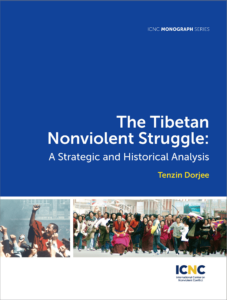
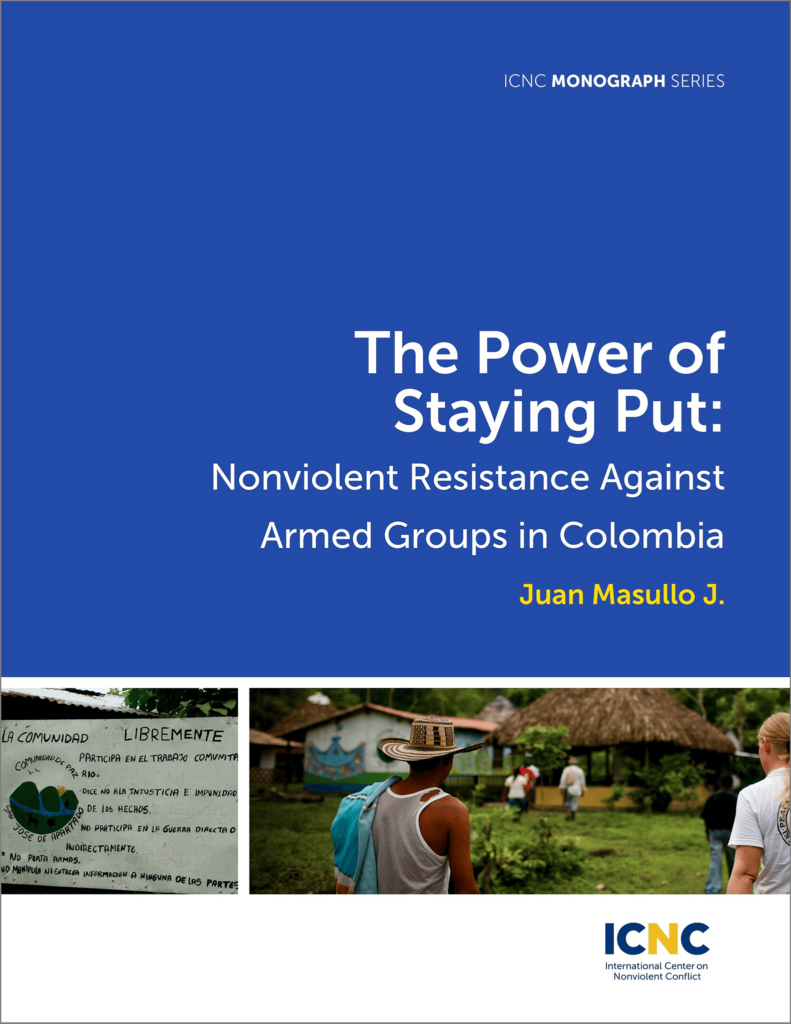 By Juan Masullo J., Department of Political and Social Sciences at the European University Institute (EUI)
By Juan Masullo J., Department of Political and Social Sciences at the European University Institute (EUI)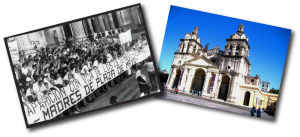

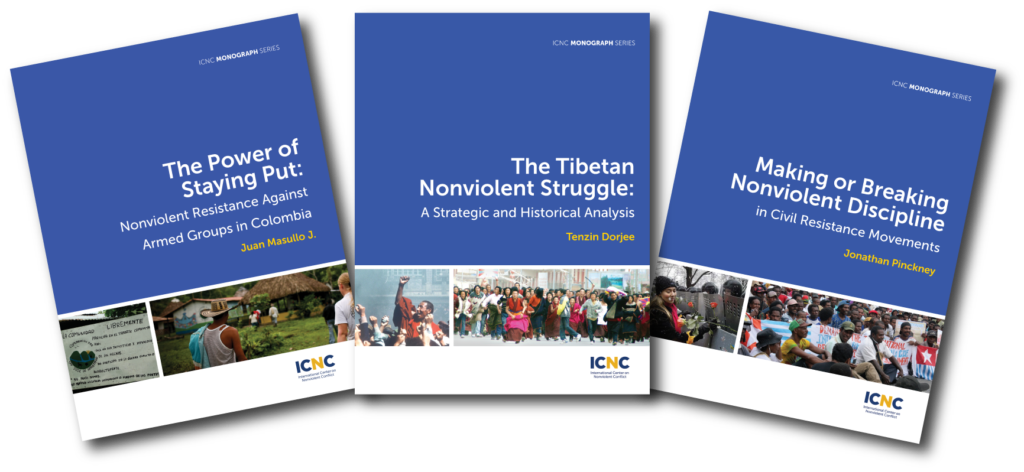
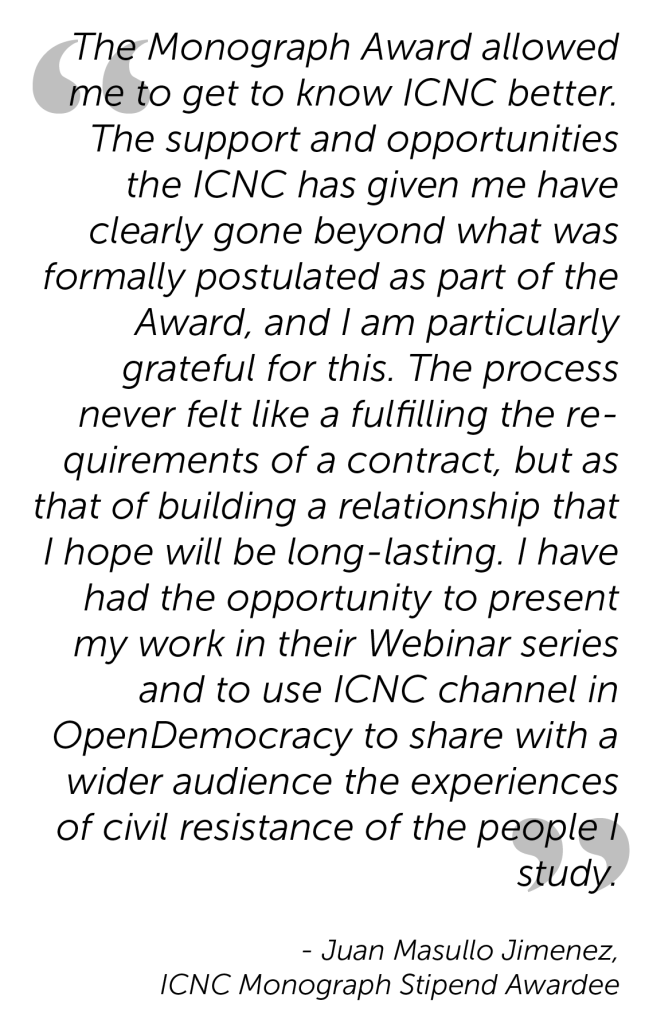
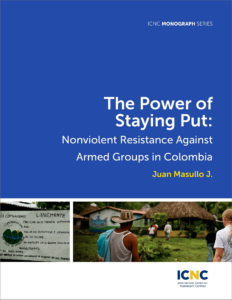 Confronted with civil war, local civilians typically either collaborate with the strongest actor in town or flee the area. Yet civilians are not stuck with only these choices. Collectively defying armed groups by engaging in organized nonviolent forms of noncooperation, self-organization and disruption is another option. This monograph explores this alternative through sustained and organized civil resistance led by ordinary peasants against state and non-state repressive actors in Colombia’s longstanding civil war: the case of the Peace Community of San José de Apartadó.
Confronted with civil war, local civilians typically either collaborate with the strongest actor in town or flee the area. Yet civilians are not stuck with only these choices. Collectively defying armed groups by engaging in organized nonviolent forms of noncooperation, self-organization and disruption is another option. This monograph explores this alternative through sustained and organized civil resistance led by ordinary peasants against state and non-state repressive actors in Colombia’s longstanding civil war: the case of the Peace Community of San José de Apartadó.